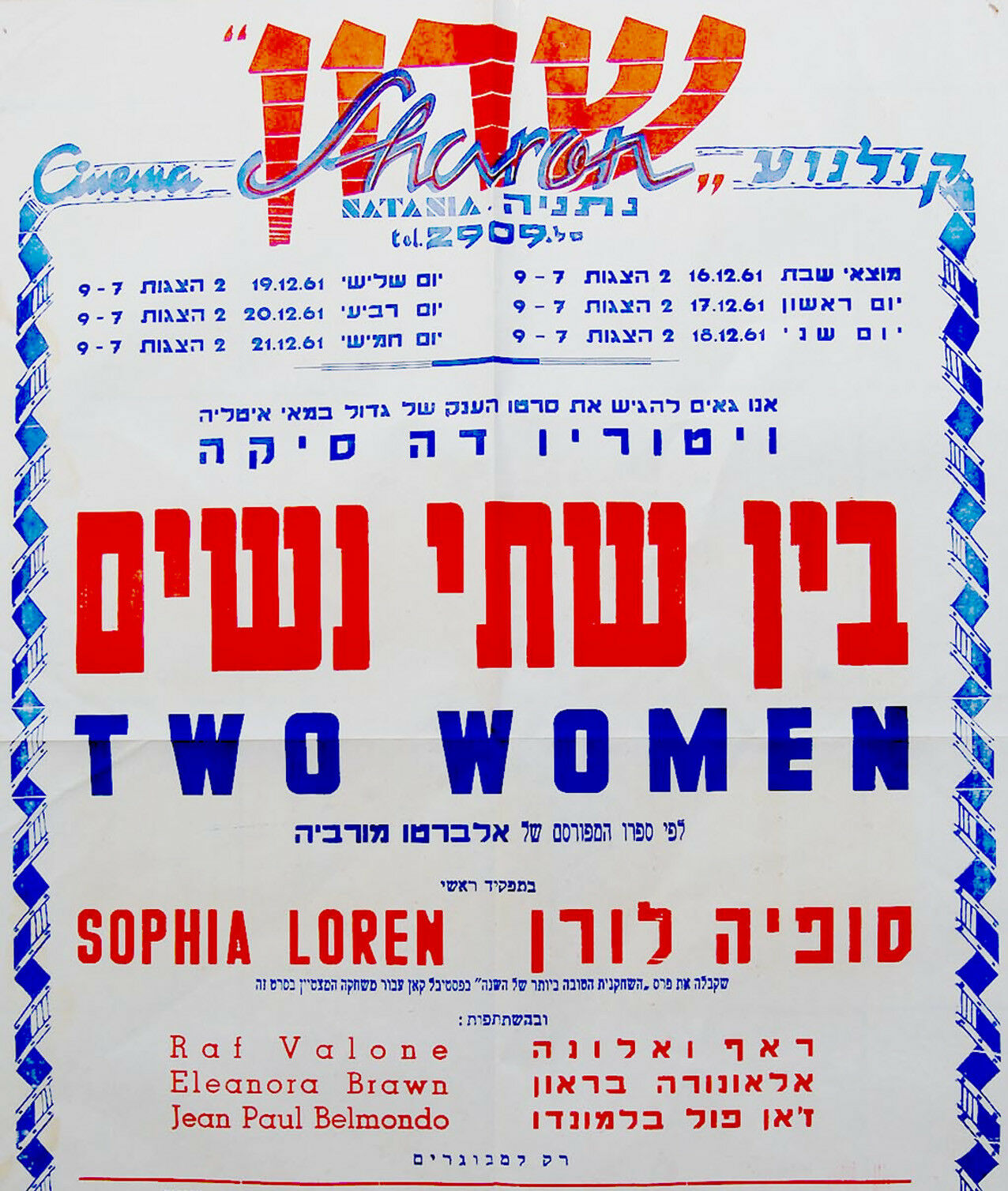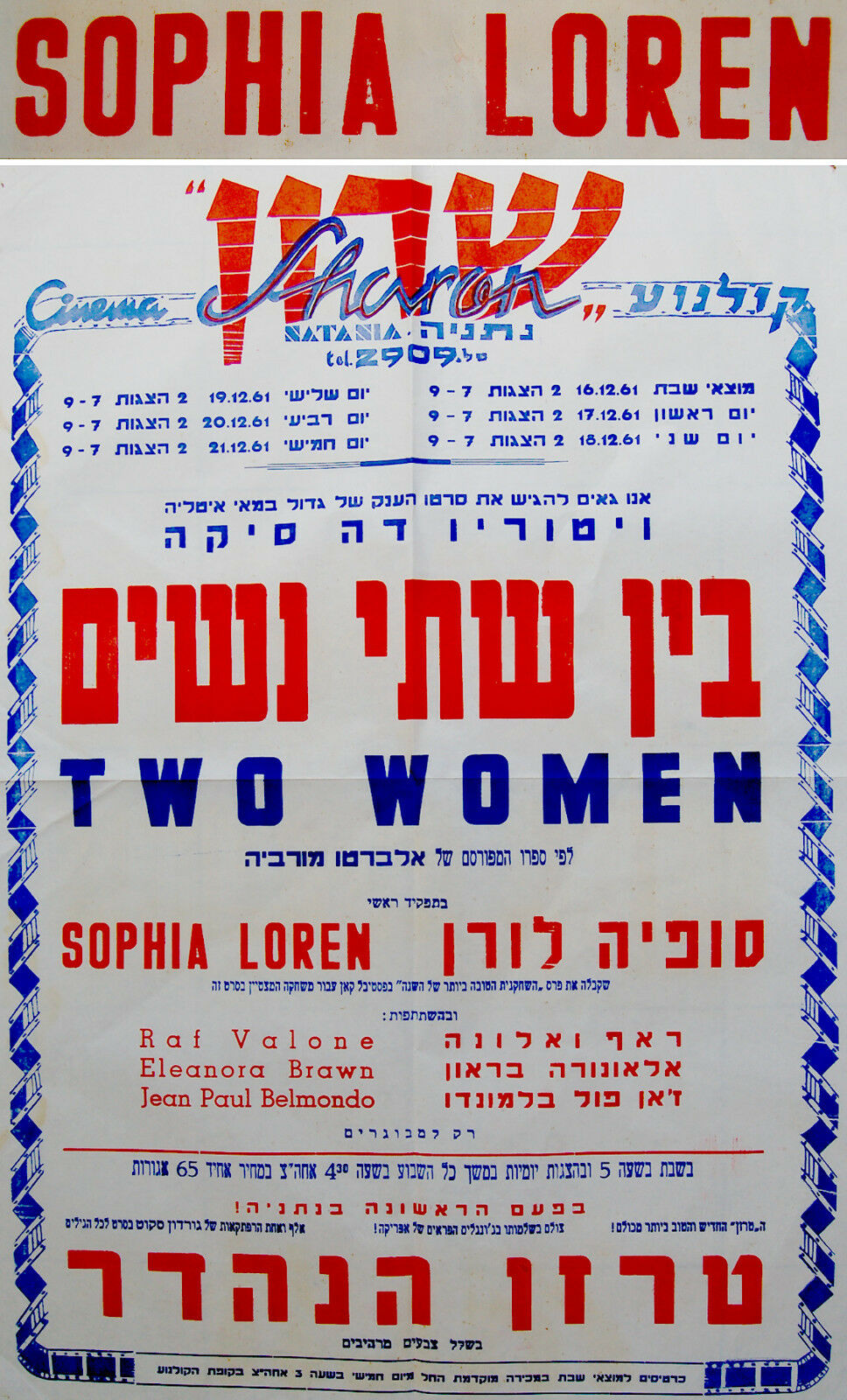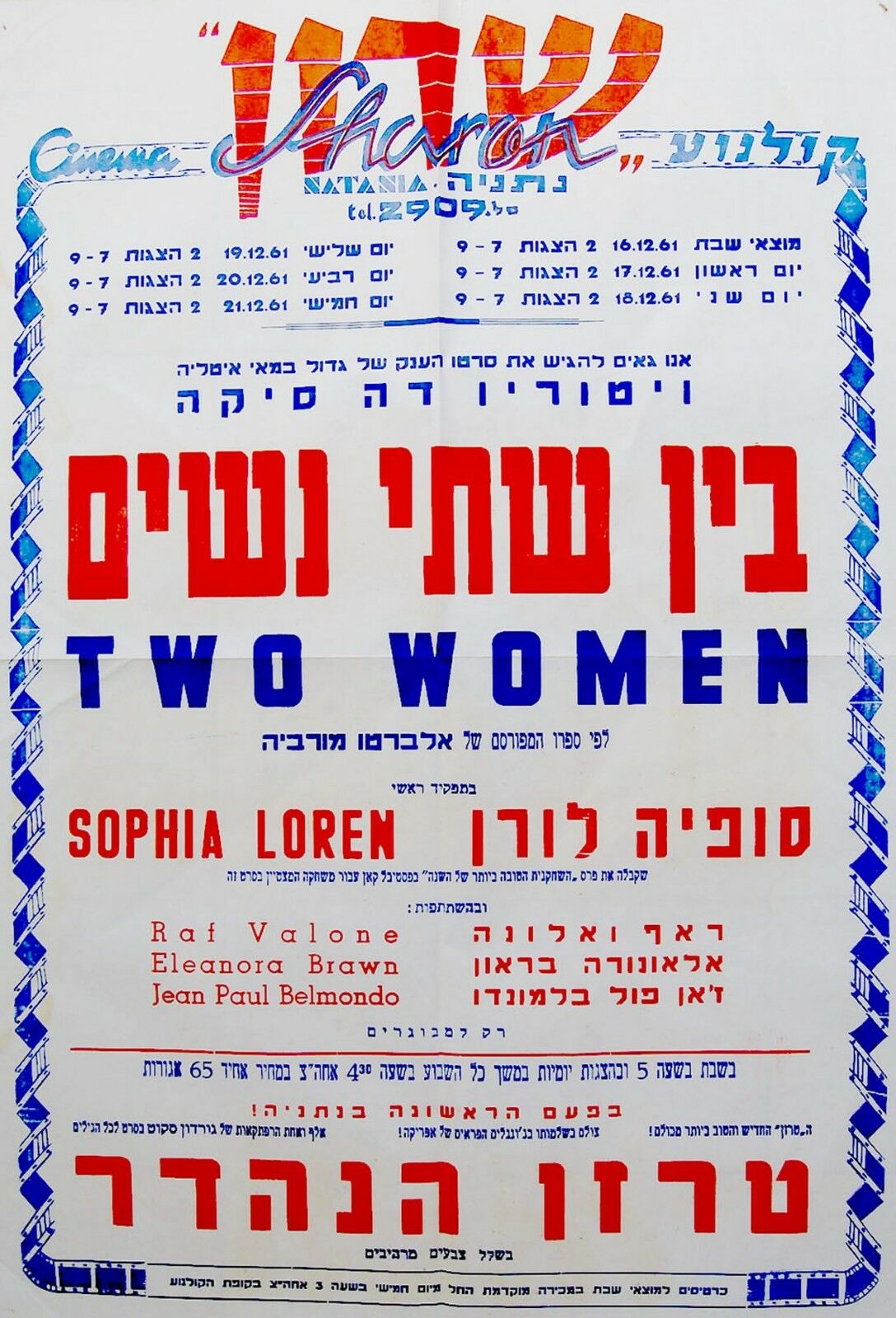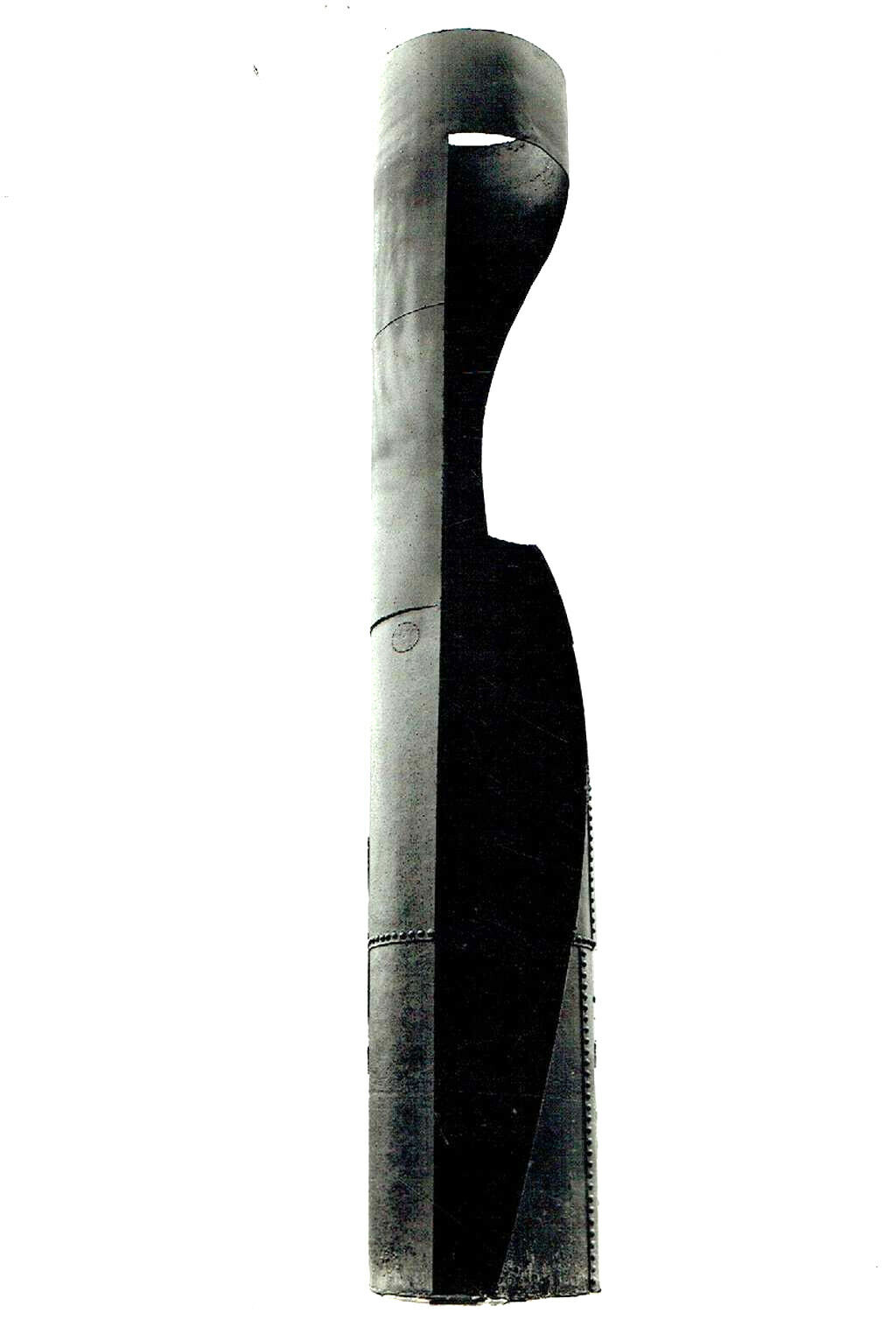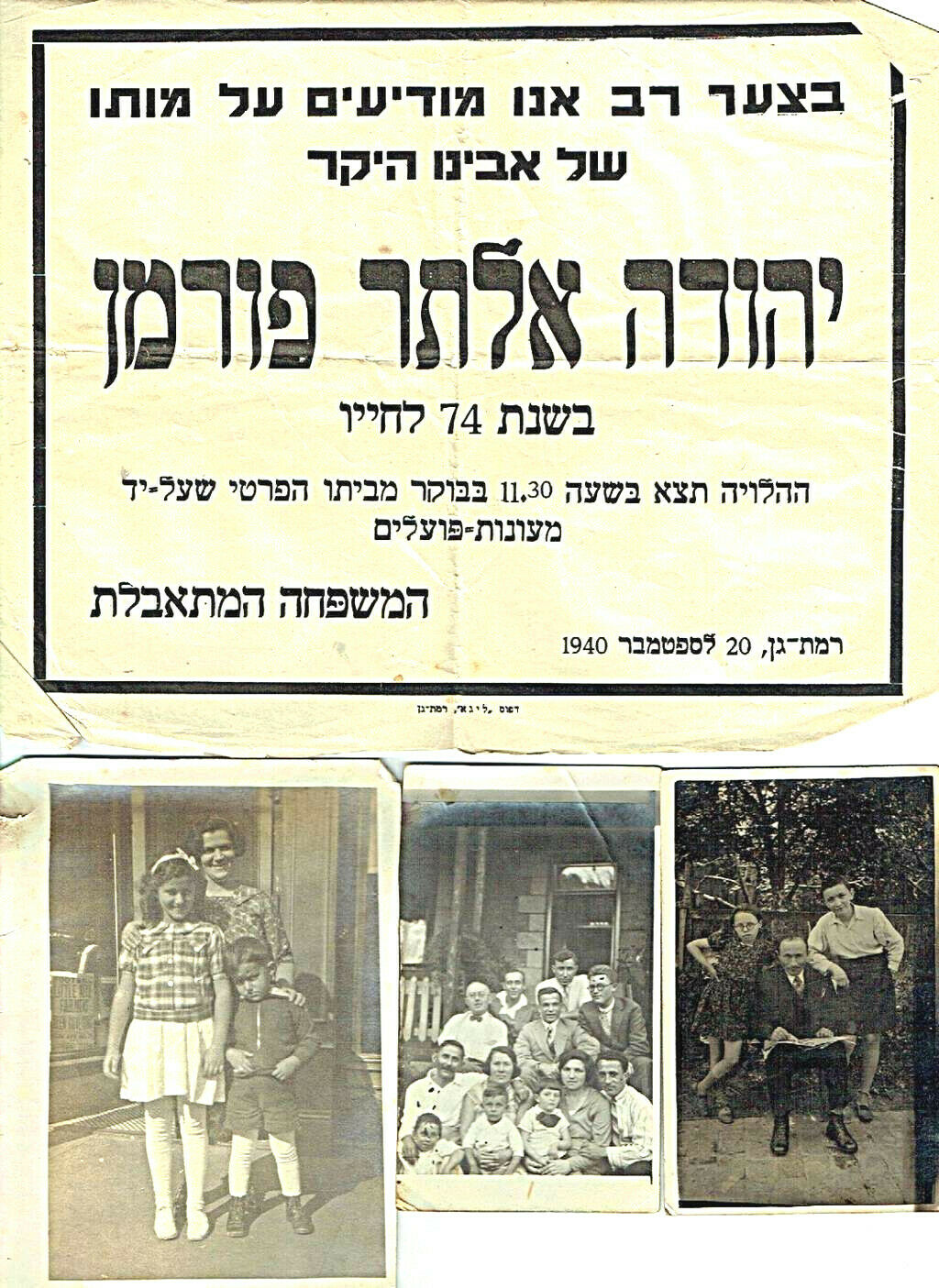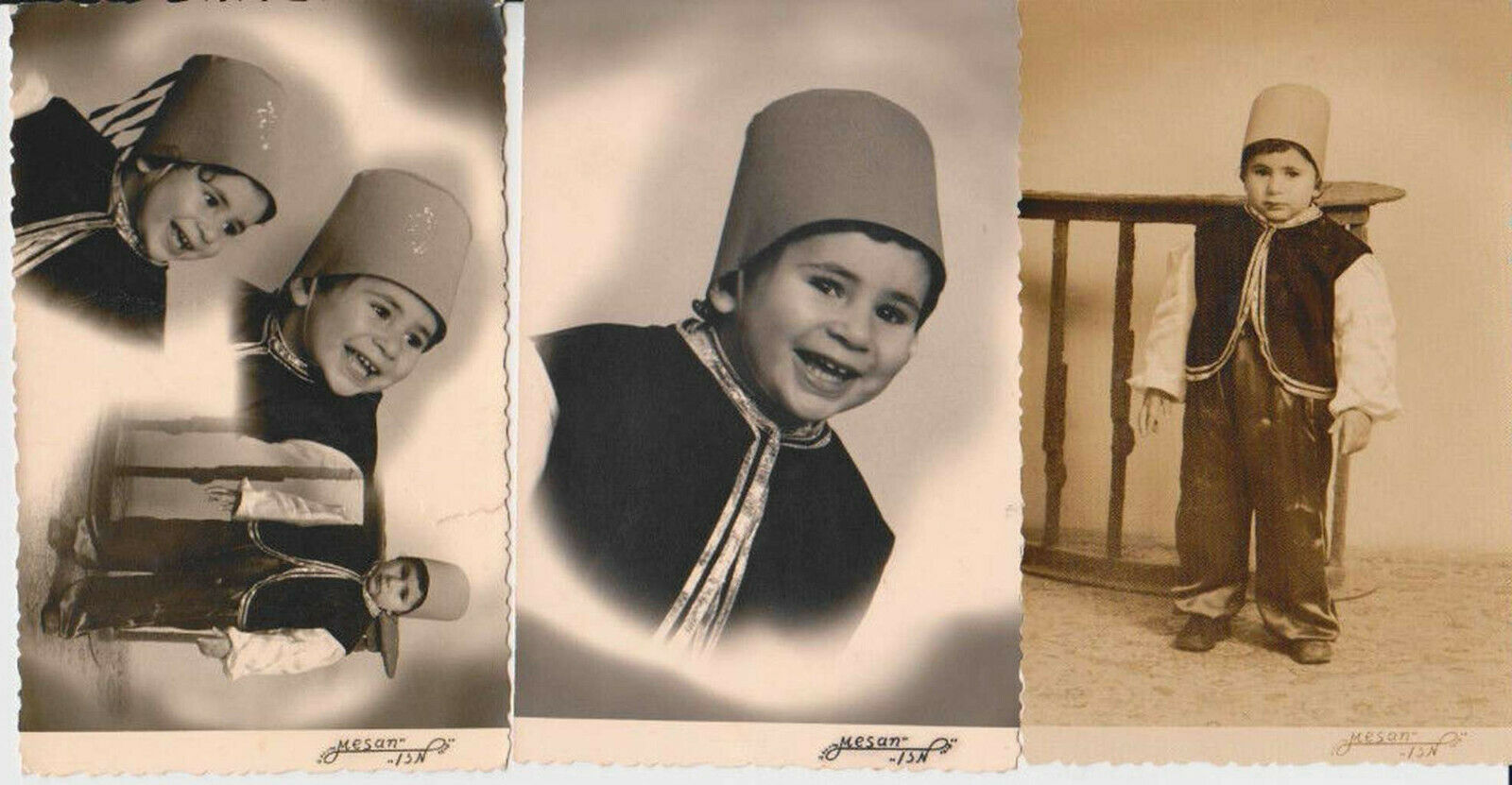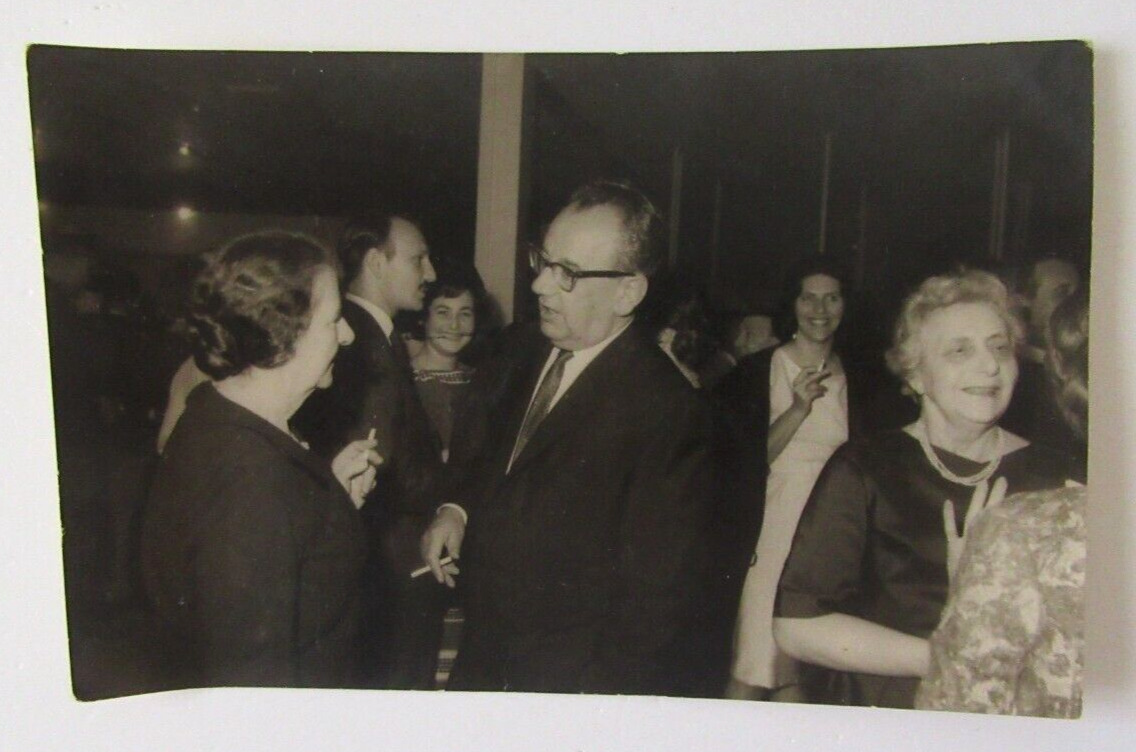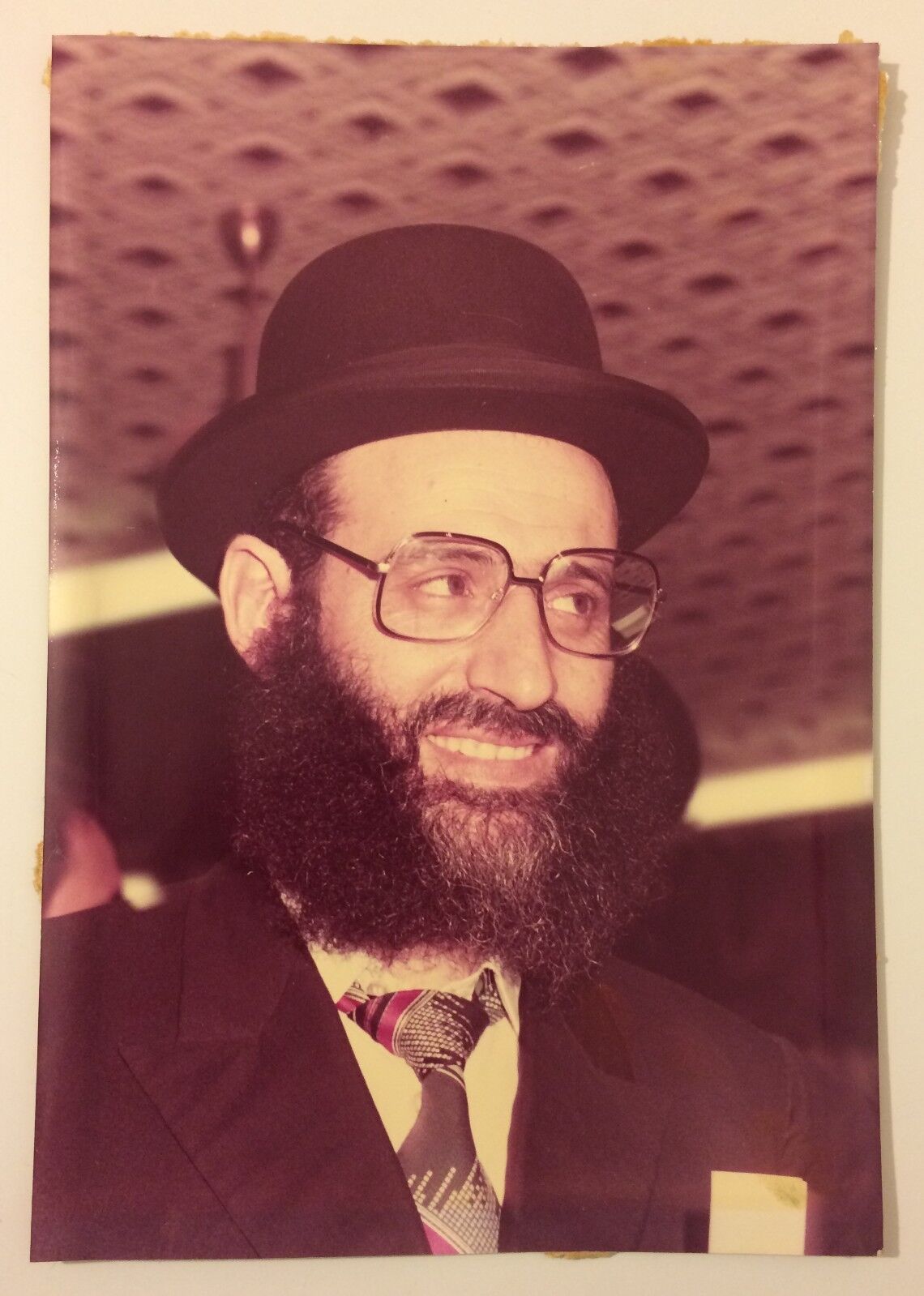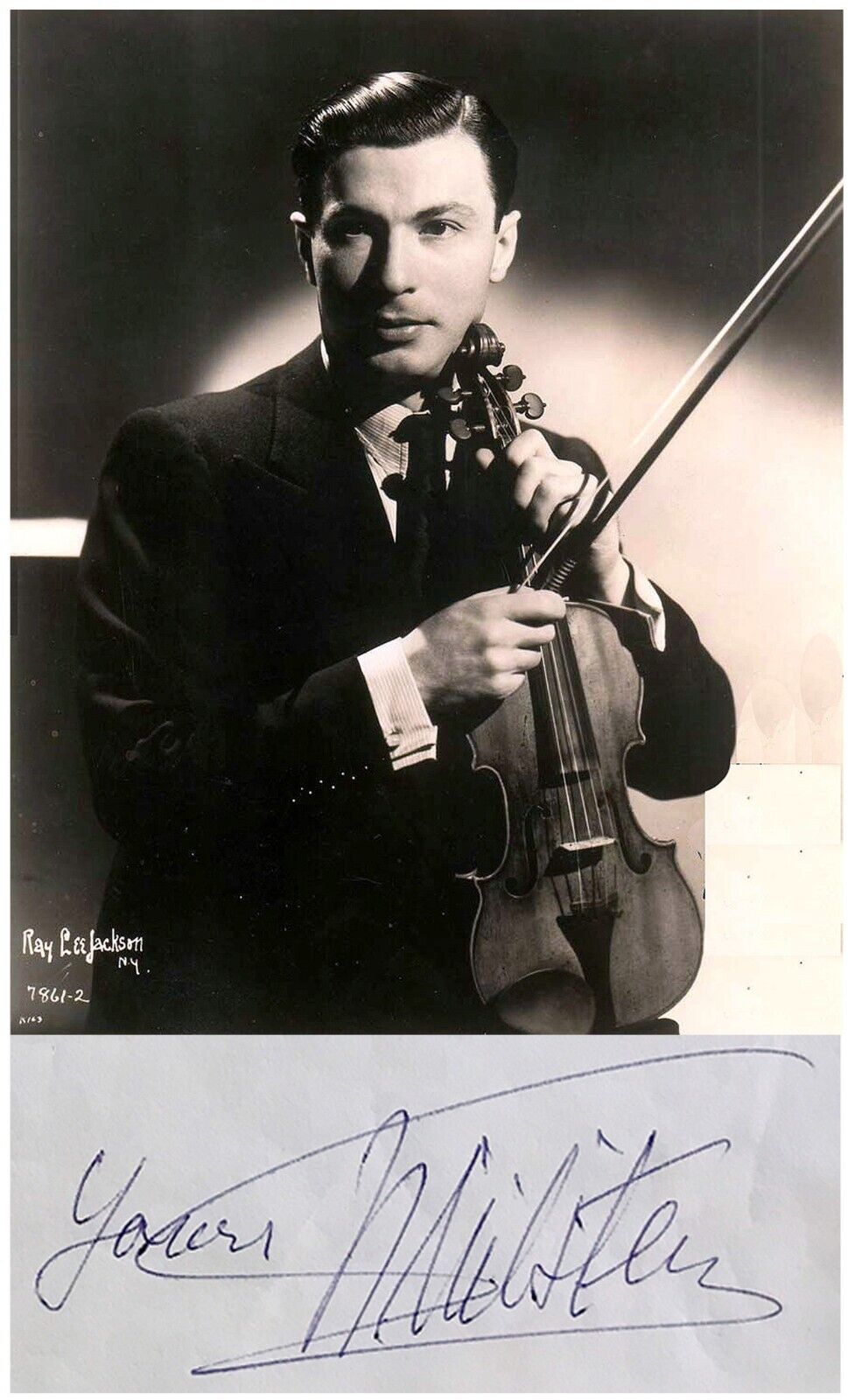-40%
1961 Israel TWO WOMEN Hebrew MOVIE Film POSTER De Sica LOREN Belmondo TARZAN
$ 46.99
- Description
- Size Guide
Description
DESCRIPTION: Here for sale is an EXCEPTIONALY RARE and ORIGINAL Judaica Jewish POSTER for the ISRAEL 1961 PREMIERE of VITTORIO DE SICA's legendary WW2 related ITALIAN film " TWO MOMEN " ( LA CIOCIARA ) , Based on the novel by Alberto Moravia . Starring SOPHIA LOREN , JEAN - PAUL BELMONDO and RAF VALONE , Written by De Sica and Zavattini , in the small rural town of NATHANYA in ISRAEL. The cinema-movie hall " CINEMA SHARON" , A local Israeli version of "Cinema Paradiso" was printing manualy its own posters , And thus you can be certain that this surviving copy is ONE OF ITS KIND. Fully DATED 1961 . Text in HEBREW and ENGLISH . Please note : This is NOT a re-release poster but PREMIERE - FIRST RELEASE projection of the film , A year after its release in 1959 in ITALY . The ISRAELI distributors of the film have given it an entirely new HEBREW text which is quite archaic and amusing . An important bonus is a matinee show of TARZAN with Gordon Scott
" TARZAN THE MAGNIFICENT" . Judaica - Israeli related artifact. GIANT size around 24" x 38" ( Not accurate ) . Printed in red and blue . The condition is good . 2 folds . Very slightlly ( Almost unseen ) creased and stained ( Pls look at scan for accurate AS IS images ) Poster will be sent rolled in a special protective rigid sealed tube.
AUTHENTICITY
:
The POSTER is fully guaranteed ORIGINAL from 1961 ( dated ) , It is NOT a reproduction or a recently made reprint or an immitation , It holds a with life long GUARANTEE for its AUTHENTICITY and ORIGINALITY.
PAYMENTS
: Payment method accepted : Paypal
& All credit cards
.
SHIPPMENT
: SHIPP worldwide via registered airmail is $ 25 . Poster will be sent rolled in a special protective rigid sealed tube.
Two Women
(Italian:
La ciociara
, roughly translated as "[The Woman] from Ciociaria") is a 1960 Italian film directed by Vittorio De Sica. It tells the story of a woman trying to protect her young daughter from the horrors of war. The film stars Sophia Loren, Jean-Paul Belmondo, Eleonora Brown, Carlo Ninchi and Andrea Checchi. The film was adapted by De Sica and Cesare Zavattini from the novel of the same name written by Alberto Moravia.
Awards
The film won the Academy Award for Best Actress for Sophia Loren, due largely to heavy promotion by its North American distributor, Joseph E. Levine This was the first time an acting Oscar had been given for a non-English-speaking performance. Loren also won the award for Best Actress at the 1961 Cannes Film Festival. Loren won 22 international awards for
Two Women
.
Remakes
La Ciociara
was remade for television in 1988. It was adapted by Diana Gould, Lidia Ravera, Dino Risi and Bernardino Zapponi. It was directed by Risi and starred Loren, Robert Loggia, Leonardo Ferrantini, Dario Ghirardi and Sydney Penny. Normally, an actor or actress in a foreign-language film was not the ideal candidate for an Academy Award, inasmuch as his or her English-language "performance" was often dubbed in by an anonymous third party. Such was not the case of Sophia Loren in Two Women (La Ciociara), who did her own English dubbing. Adapted by director Vittorio De Sica and Cesare Zavattini from the novel by Alberto Moravia, Two Women is the semi-neorealist account of widow Cesira (Loren) and her teenaged daughter, Rosetta (Eleanora Brown), as they struggle to survive in war-ravaged Italy. A conventional romantic triangle between mother, daughter, and Michele (Jean-Paul Belmondo), is barely under way when the war rears its ugly head once more. Seeking shelter in a bombed-out church, Cesira and Rosetta are attacked and raped -- a horrifying sequence, capped by a freeze-frame close-up of Rosetta, her face a taut mask of terror (this image was enough to prompt a virulent "anti-smut" editorial in The Saturday Evening Post). Once they've recovered from this appalling experience, mother and daughter are offered a ride back to Rome by friendly truck driver Florindo (Renato Salvatori). Though Cesira had hoped to keep her daughter from compromising herself as a means of survival, she is crushed to discover that Rosetta has given herself to the truck driver in exchange for a pair of stockings. When Cesira and Rosetta finally reconcile, it is a grievous occasion, mourning the death of their mutual love, Michele. A last-minute replacement for Anna Magnani, Sophia Loren brought hitherto untapped depths of emotion to her performance in Two Women; she later stated that she was utilizing "sensory recall," dredging up memories of her own wartime experiences. Sophia Loren born Sofia Villani Scicolone 20 September 1934) is an
Italian
actress. Loren is widely recognized as Italy's most renowned and honored actress. She was the first actress of the talkie era to win an
Academy Award
for a non-English-speaking performance, for her portrayal of Cesira in
Vittorio De Sica
Two Women
. Her other awards include a
Grammy Award
, five special
Golden Globes
, a
BAFTA Award
and a
Laurel Award
. In 1995 she received the
Cecil B. DeMille
Award for lifetime achievements, one of many such awards. Her films include:
Houseboat
(1958),
El Cid
(1961),
Yesterday, Today and Tomorrow
(1963),
Marriage Italian-Style
(1964), and
A Special Day
(1977). In later years she has appeared in American blockbusters such as
Grumpier Old Men
(1995), and
Nine
(2009). In 1994 she starred in
Robert Altman
's
Prêt-à-Porter
, which earned her a
Golden Globe
nomination the same year. She has also achieved critical and commercial success in TV movies such as
Courage
(1986). Vittorio De Sica (7 July 1901 – 13 November 1974) was an Italian director and actor, a leading figure in the neorealist movement. Four of the films he directed won Academy Awards:
Sciuscià
and
Bicycle Thieves
were awarded honorary Oscars, while
Ieri, oggi, domani
and
Il giardino dei Finzi Contini
won the Best Foreign Language Film Oscar. Indeed, the great critical success of
Sciuscià
(the first foreign film to be so recognized by the Academy of Motion Picture Arts and Sciences) and
Bicycle Thieves
helped establish the permanent Best Foreign Film Oscar. These two films generally are considered part of the canon of classic cinema.
Bicycle Thieves
was cited by Turner Classic Movies as one of the 15 most influential films in cinema history. De Sica also received a Best Supporting Actor Oscar nod for playing Major Rinaldi in American director Charles Vidor's 1957 adaptation of Ernest Hemingway's
A Farewell to Arms
, a movie that was panned by critics and proved a box office flop. De Sica's acting was considered the highlight of the film. Alberto Moravia (November 28, 1907 – September 26, 1990), born Alberto Pincherle, was an Italian novelist and journalist. His novels explored matters of modern sexuality, social alienation, and existentialism He is best known for his debut novel
Gli indifferenti
(published in 1929), and for the anti-fascist novel
Il Conformista
(
The Conformist
), the basis for the film
The Conformist
(1970) by Bernardo Bertolucci. Other novels of his translated to the cinema are
Il Disprezzo
(
A Ghost at Noon
or
Contempt
) filmed by Jean-Luc Godard as
Le Mépris
(
Contempt
(1963);
La Noia
(
Boredom
), filmed with that title by Damiano Damiani in 1963 and released in the US as
The Empty Canvas
in 1964; and
La Ciociara
filmed by Vittorio de Sica as
Two Women
(1960). Cedric Kahn's
L'Ennui
(1998) is another version of
La Noia
. He was an atheist.He once remarked that the most important facts of his life had been his illness, a tubercular infection of the bones that confined him to a bed for five years, and Fascism, because they both caused him to suffer and do things he otherwise would not have done. "It is what we are forced to do that forms our character, not what we do of our own free will." His writing was marked by its factual, cold, precise style, often depicting the malaise of the
bourgeoisie
, and was rooted in the tradition of nineteenth-century narrative, underpinned by high social and cultural awareness. In his world, where inherited social, religious and moral beliefs are no longer acceptable, he considered sex and money the only basic criteria for judging social and human reality.Moravia believed that writers must, if they were to be successful in representing reality, "assume a moral position, a clearly conceived political, social, and philosophical attitude" but also that, ultimately, - "A writer survives in spite of his beliefs."
Between 1959 and 1962 Moravia was President of the worldwide association of writers, PEN International.
Tarzan the Magnificent
is a 1960 British film, the follow-up to
Tarzan's Greatest Adventure
(1959). It was directed by Robert Day and produced by Sy Weintraub. Gordon Scott makes his last appearance as Tarzan while Jock Mahoney appeared as villain Coy Banton. Mahoney would take over the Tarzan role himself beginning in the next film,
Tarzan Goes to India
in 1962. This motion picture does not include Jane. Gordon Scott (August 3, 1926,– April 30, 2007) was an American film and television actor known for his portrayal of the fictional character
Tarzan
in five films (and one compilation of three made-as-a-pilot television episodes) of the
Tarzan
film series
from 1955 to 1960. Gordon Scott was the eleventh Tarzan, starting with
Tarzan’s Hidden Jungle
(1955). He was "discovered" poolside, and offered "a 7 year contract, a loin cloth, and a new last name." ebay1991
